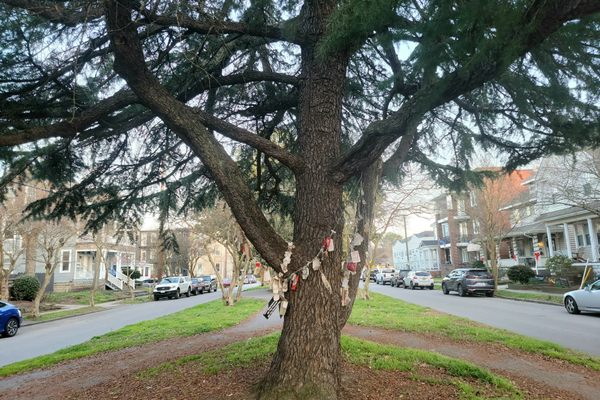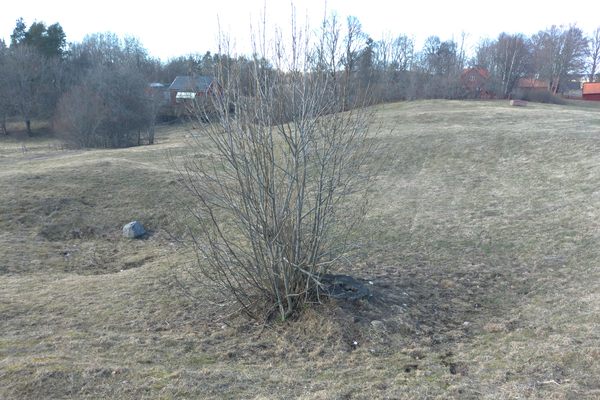About
The Lam Tsuen area of Hong Kong has been inhabited for over 700 years. Its continued survival can be partly attributed to the famed Wishing Trees, located in Tin Hau Temple, which is said to grant any wish that can get caught in their branches.
Tin Hau Temple dates back to the late 1700s when it was constructed during the Qing dynasty. One of the nearby trees, a camphor, was said to be able to grant wishes. Thus was the tradition started that has drawn locals and visitors to the supposedly enchanted plants for hundreds of years.
Initially, visitors would write their desires on small joss paper scrolls (a parchment specifically used for offerings) and then tie them onto branches or throw them into the tree. The higher the wish got stuck, the better chance it had to come true—but if it fell out, it was not to be.
In more modern times, this practice has been transferred to a 200-year old banyan tree. When a couple of large branches, weighed down by too many wishes, broke off and actually injured bystanders, the local government stepped in and outlawed the placing of wishes on the tree. To provide an outlet for everyone's desire for wish fulfillment, a wooden rack was constructed near the original tree and a whole other fake plastic wishing tree was even built.
In 2008, a smaller banyan was planted a few meters from the original banyan version of the tree so that the growing wish tree line would not die out—although casting wishes into the new tree are also outlawed. Most people now make their wishes on the colorful plastic tree in Lam Tsuen, although the wish-granting efficacy of this replacement is not known.
Related Tags
Community Contributors
Added By
Published
August 14, 2014
























